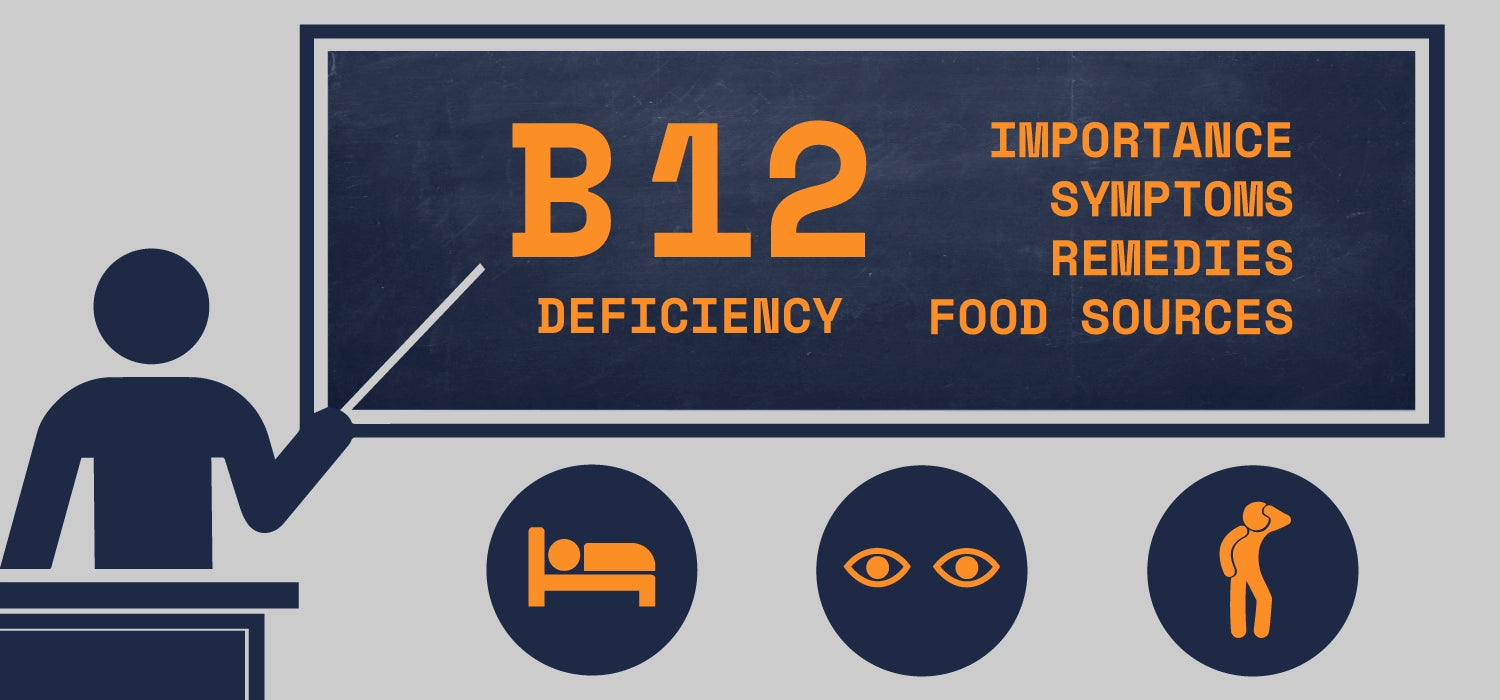Mon-Fri: 9am - 5pm
Excluding Bank Holidays
Mon - Fri: 9:00 - 17:00PM
Excluding Bank Holidays

Vitamin B12 is a crucial nutrient that plays a vital role in maintaining our overall health and well-being. It is an essential vitamin that our body needs for various functions, such as supporting the production of red blood cells, maintaining a healthy nervous system, and aiding in the metabolism of proteins and fats. Discover all the various vitamin b12 formats available at Oceans Alive, from liquids to sprays and many more so you can choose the most convenient format to suit your lifestyle.
Vitamin B12 is often overlooked, but its significance in our body cannot be underestimated. It is responsible for the proper functioning of our nervous system, brain health, and DNA synthesis. Without adequate levels of Vitamin B12, we may experience a range of health issues, including fatigue, weakness, memory problems, and even depression.

Vitamin B12 deficiency occurs when our body lacks an adequate amount of this essential nutrient. It can lead to various health problems and can be caused by multiple factors, such as inadequate dietary intake, malabsorption, or certain medical conditions. Vegetarians and vegans are particularly susceptible to Vitamin B12 deficiency as it is primarily found in animal-based products.
Recognizing the symptoms of Vitamin B12 deficiency is crucial for early detection and treatment. Common symptoms include fatigue, weakness, pale skin, shortness of breath, and tingling or numbness in the hands and feet. Other symptoms may include memory problems, depression, and a sore or swollen tongue.
Vitamin B12 deficiency can occur due to various reasons. The primary cause is inadequate dietary intake, especially for individuals following a strict vegetarian or vegan diet. Other causes include malabsorption issues, such as pernicious anemia or gastrointestinal disorders like Crohn's disease. Certain medications, such as proton pump inhibitors and metformin, can also interfere with Vitamin B12 absorption.
If you suspect a Vitamin B12 deficiency, it is essential to consult a healthcare professional for proper diagnosis. They may recommend blood tests to measure the levels of Vitamin B12 in your body. These tests can also help identify the underlying cause of the deficiency, allowing for targeted treatment.
The treatment for Vitamin B12 deficiency primarily involves replenishing the body's stores of this essential nutrient. Depending on the severity of the deficiency, your healthcare professional may recommend oral supplements, injections, or nasal sprays. These treatments help restore Vitamin B12 levels and alleviate the associated symptoms.

B12 supplements can be highly effective in restoring Vitamin B12 levels in individuals with deficiencies. They provide a concentrated dose of the nutrient, bypassing any absorption issues. B12 supplements are available in various forms, including tablets, sublingual tablets, and injections. It is crucial to choose a reputable brand and follow the recommended dosage for optimal results.
We recommend this premium quality Dr Mercola Vitamin B12, this product delivers 32 servings in a tasty natural blackberry flavour.
The recommended daily intake of Vitamin B12 varies depending on factors such as age, gender, and individual health conditions. For most healthy adults, the recommended dosage is 2.4 micrograms per day. Pregnant and breastfeeding women may require higher doses. It is essential to consult with a healthcare professional to determine the appropriate dosage for your specific needs.
While supplements are an excellent way to restore Vitamin B12 levels, it is also important to incorporate foods rich in this nutrient into your diet. Animal-based products are the primary dietary source of Vitamin B12. These include meat, poultry, fish, eggs, and dairy products. For vegetarians and vegans, fortified plant-based products, such as cereals and plant-based milk, can provide an alternative source of Vitamin B12.

The timeframe for recovering from Vitamin B12 deficiency can vary depending on individual factors such as the severity of the deficiency, the chosen treatment method, and the body's ability to absorb and utilize the nutrient. In general, with appropriate treatment, most individuals can recover from a deficiency within a few weeks to a few months. However, it is important to continue taking supplements or following the prescribed treatment plan until your healthcare professional confirms that your Vitamin B12 levels have been restored.

Leave a comment